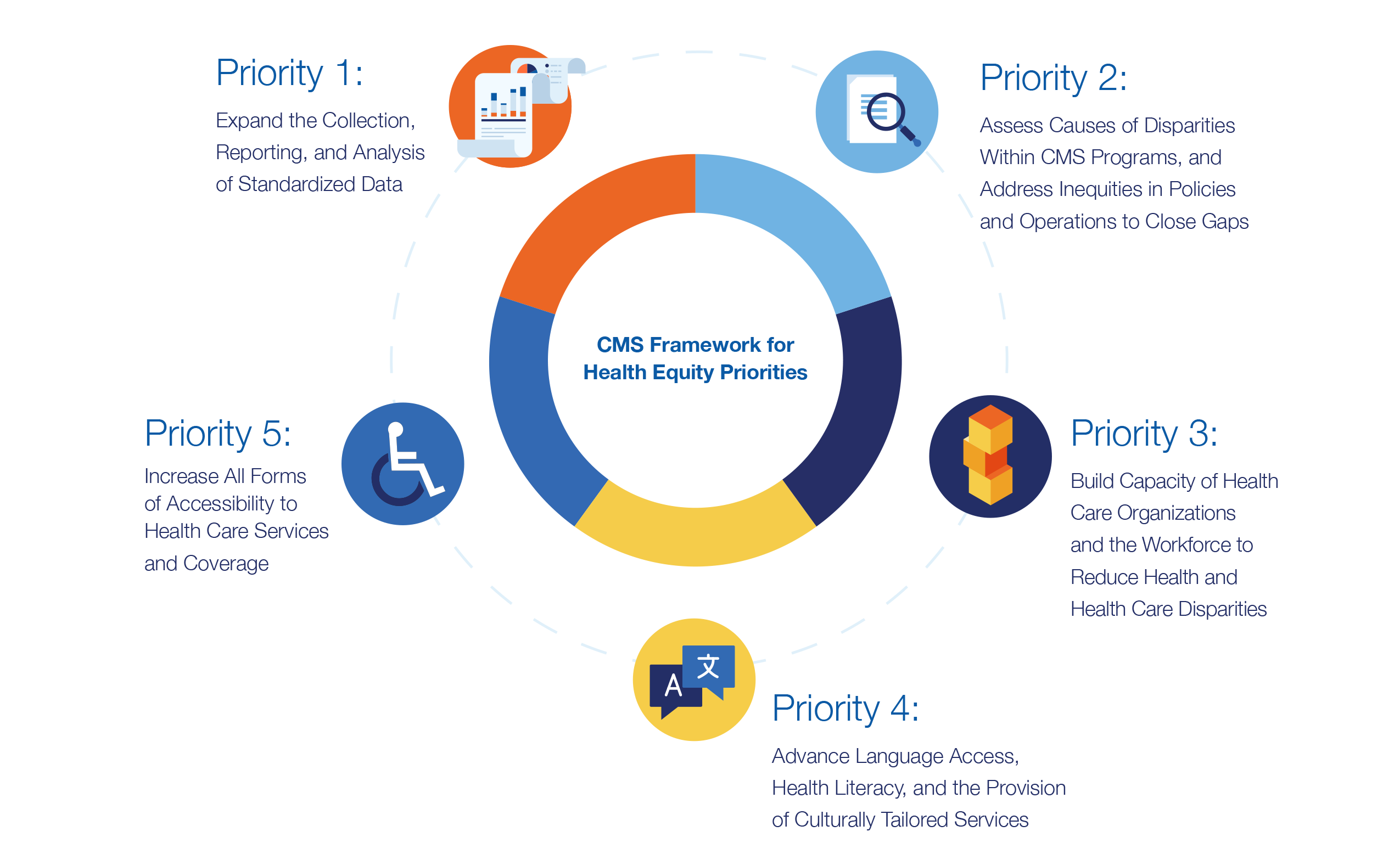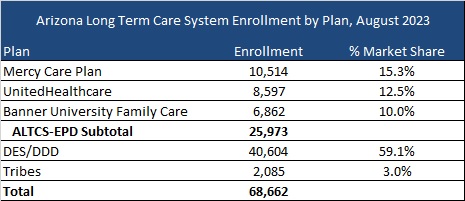This week, our In Focus section continues analysis and insights from Health Management Associates (HMA) and its affiliate The Moran Company on recent Medicare payment and policy developments. Today, we review the policy changes that the Centers for Medicare & Medicaid Services (CMS) released August 1, 2023, for the fiscal year (FY) 2024 Medicare Hospital Inpatient Prospective Payment System (IPPS) and Long-Term Acute Care Hospital (LTCH) final rule (CMS-1788-F).
This year’s IPPS final rule includes several important policy changes that will alter hospital margins and change administrative procedures beginning October 1, 2023. More specifically, the IPPS rule increases payments to hospitals, enhances the wage index policy for rural hospitals, reduces Medicare disproportionate share payments, and modifies the New Technology Add-on Payment (NTAP) program.
Key provisions of the FY 2024 Hospital IPPS and LTCH Final Rule
We highlight four policies that will significantly affect Medicare beneficiaries, hospitals, health systems, payers, and manufacturers:
- The annual inpatient payment update
- Medicare disproportionate share hospital (DSH) payments
- Hospital wage index adjustments
- NTAP policy changes
Hospital market basket update and the inpatient standardized amount
CMS’s Medicare 2024 IPPS final rule will increase payments to acute care hospitals by an estimated $2.2 billion from 2023. The primary driver of this increase is CMS’s 3.1 percent increase in the annual update to inpatient operating payment rates. The update is the sum of the hospital market basket update of 3.3 percent and a statutorily required 0.2 percentage point reduction for productivity growth.
HMA/Moran analysis: Between the time CMS released the 2024 proposed IPPS rule and the final rule, the inpatient payment update for 2024 increased to 3.1 percent from 2.8 percent. This spike occurred because of the effects of an increase in estimated inflation on the cost of a standard basket of hospital goods (hospital market basket) throughout 2022 and 2023. Although economy-wide inflation slowed in mid-2023, inflation was higher in late 2022 and early 2023—the period in which the market basket is measured for the final rule.
For beneficiaries, increasing payment rates eventually will lead to a higher Medicare inpatient deductible and greater out-of-pocket costs for many other services. For hospitals and healthcare systems, payers, and manufacturers, a payment increase of 3.1 percent falls below economy-wide inflation (5−6 percent in recent months).
Despite the publicized 3.1 percent payment update for 2024, after factoring in various policy adjustments the actual change between 2023 and 2024 to inpatient payments per case will be roughly 2 percent. The primary reason per-case payments will increase only 2 percent is a budget-neutrality adjustment that CMS finalized for 2024 to account for hospital wage index reclassifications. This adjustment will reduce payments to all hospitals by more than 1 percent to neutralize the added program spending associated with payments to hospitals that choose to reclassify into higher paying wage index areas. The final rule states, “[T]he geographic reclassification budget neutrality adjustment is significantly larger than in prior years.”
Medicare Disproportionate Share Hospital Payments
CMS finalized two Medicare disproportionate share hospital (DSH)-related policies for 2024. First, DSH payments and Medicare uncompensated care payments combined will decrease in FY 2024 by approximately $957 million. Second, CMS finalized its proposal to limit the number of patient days included in the Medicare DSH calculation to only those days when the patient’s Medicaid Section 1115 Demonstration health insurance covers inpatient hospital services or the patient’s premium assistance program covers 100 percent of the premium cost for patients who buy health insurance that covers inpatient hospital services, if the patient is ineligible for Medicare Part A.
HMA/Moran analysis: CMS’s $957 million reduction in DSH and uncompensated care payments stems from the agency’s estimate of the percentage of individuals without insurance in the United States. Between the 2024 proposed and final rules, CMS estimates the percentage of individuals without insurance will decline from 9.3 percent to 7.7 percent in 2023 and from 9.2 percent to 8.5 percent in 2024. As a result, the pool of uncompensated care dollars available to hospitals for 2024 was reduced from roughly $6.7 billion to $5.9 billion.
CMS’s estimated decline in the rate of uninsured beneficiaries is somewhat surprising given the common projection that Medicaid enrollment will drop following the end of Medicaid’s COVID-19 related continuous coverage policy. However, HMA/Moran colleagues believe state-level Medicaid enrollment changes will vary in the year ahead. Consequently, hospitals located in states where levels of Medicaid enrollment are sustained will benefit from CMS’s uninsured rate estimates and hospitals in states where Medicaid enrollment drops will not.
With regard to the Section 1115 demonstration related DSH policy, hospitals located in states that have not expanded Medicaid under the Accountable Care Act and instead rely on Section 1115 Demonstrations to expand health coverage, are likely to receive lower DSH payments. In addition to the Medicare DSH payment adjustments, reductions in the Medicaid DSH program are scheduled to begin October 1, 2023. The $8 billion reduction in FY 2024 is the first time CMS has planned to make cuts in the program.
Hospital Wage Index Adjustments
CMS finalized two wage index policies for FY 2024. First, CMS will extend the low-wage index hospital policy, which boosts the wage index of hospitals in geographic areas with low wages relative to other areas. Second, CMS finalized a policy to begin including labor data from urban hospitals that choose to reclassify as providers in rural areas to maximize their payment into the calculation of rural wage index areas.
HMA/Moran analysis: These two wage index policies for FY 2024 will increase payment to rural hospitals. Under the first policy, hospitals with wage indexes below 0.8667 (the 25th percentile across all hospitals) will automatically receive an increase in their wage index and therefore their payment rates for inpatient cases. Under the second policy, the inclusion of labor data for geographically urban hospitals that choose to reclassify into rural wage index areas within the calculation of state-level rural wage indexes and the state-level rural floor will increase payments to rural hospitals in many states. The overall impact of both proposed wage index policy changes for FY 2024 will be an increase in inpatient payment rates for rural hospitals.
New Technology Add-On Payments (NTAP)
Citing the increased number of applications for NTAP over the past several years and noting the need for CMS staff to have time to review and analyze the applications, CMS finalized two changes to the NTAP application requirements. First, CMS will require that all applicants have a complete and active U.S. Food and Drug Administration (FDA) market authorization request in place at the time of NTAP application submission, if not already FDA approved. The FDA’s acceptance letter will serve as proof of a full and complete application. In addition, CMS proposes to move the FDA approval deadline from July 1 to May 1, beginning with applications for FY 2025.
HMA/Moran analysis: The stated aim of these CMS policy changes is to “increase transparency, facilitate public input, and improve the review process.” As a result of these modifications, products will need to be on the market longer before the NTAP payment begins, and fewer products will be eligible for the three full years of NTAP payments. Taken together, hospitals will have a shorter NTAP payment window for most products. The further tightening of FDA application and approval requirements runs counter to the efforts of various stakeholders to establish more flexible or additional NTAP application windows.
HMA and The Moran Company collaborate to monitor legislative and regulatory developments in the inpatient hospital space and assess the impact of inpatient policy changes on the hospital sector. HMA’s Medicare experts interpret and model inpatient policy proposals and use these analyses to help clients develop their strategic plans and their comments on proposed regulations. Moran replicates the methodologies CMS uses in setting hospital payments and models alternative payment policies to help support stakeholder comment letters and strategies. Moran also assists clients with modeling diagnosis-related group reassignment requests and to support innovative NTAP applications.
For more information or questions about the policies described above, contact Zach Gaumer ([email protected]), Amy Bassano ([email protected]), Clare Mamerow ([email protected]), or Kevin Kirby ([email protected]).



















